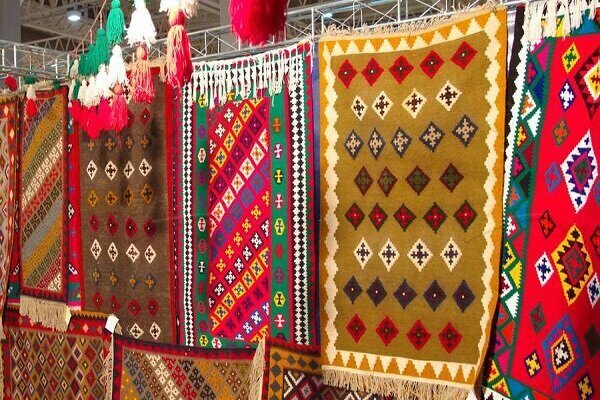INSUBCONTINENT EXCLUSIVE:
Izeh, a city in the southwestern province of Khuzestan, is on the way to becoming a national kilim city due to the unique quality of its
This measure can introduce it to the global handicraft scene.Experts believe that this city has the potential to be globally registered,
Cultural Heritage, Handicrafts and Tourism department, said the process of initial assessment for registration of Izeh as the national city
of kilim has been conducted with the presence of Behzad Ahmadi Farsani, the director-general of the Office for Handicrafts Education and
Promotion.Visiting kilim-waving workshops, urban elements decorated with kilim patterns and frequent requests of Izeh people indicates
serious determination for materializing this goal, he said.In case of gaining necessary indicators, Izeh dossier will be sent to the Office
of Registration of Monuments of the Ministry of Cultural Heritage, Tourism and Handicrafts, he added.Based on official statistics, Izeh has
over 29 active kilim-weaving workshops and two official institutes, he said
Close to 500 weavers received a kilim-weaving certificate during the last Iranian year, he added
kilim-weaving workshops in recent years has turned Izeh into one of main hubs of kilim weaving
considerable scope to be recognized globally for its rich tradition of kilim weaving.According to Abbas Rahimi, a handicrafts researcher,
Izeh holds significant potential to be registered as a world city of kilims by the World Crafts Council (WCC), provided certain
infrastructural improvements are made.Located in the northeastern Khuzestan province, Izeh has long been a hub for weaving kilim carpets,
already in the process of being nationally registered.He emphasized that for the city to gain international recognition, the existing
facilities simply need to be better organized.Izeh even has more potential than Dezful (another ancient city within the province), which was
recognized as a world city for its basket-weaving craft, Rahimi stated.He pointed to the abundance of kilim weaving workshops and
global hub for kilim artistry.For Izeh to achieve WCC recognition, Rahimi stressed the importance of inviting World Crafts Council
and known for its rich eco-tourism, is home to the Bakhtiari tribe, whose members speak the Bakhtiari dialect
tapestry-woven carpets or rugs, have been traditionally produced in Iran and other countries of the former Persian Empire.KD
This article first appeared/also appeared in Tehran Times

